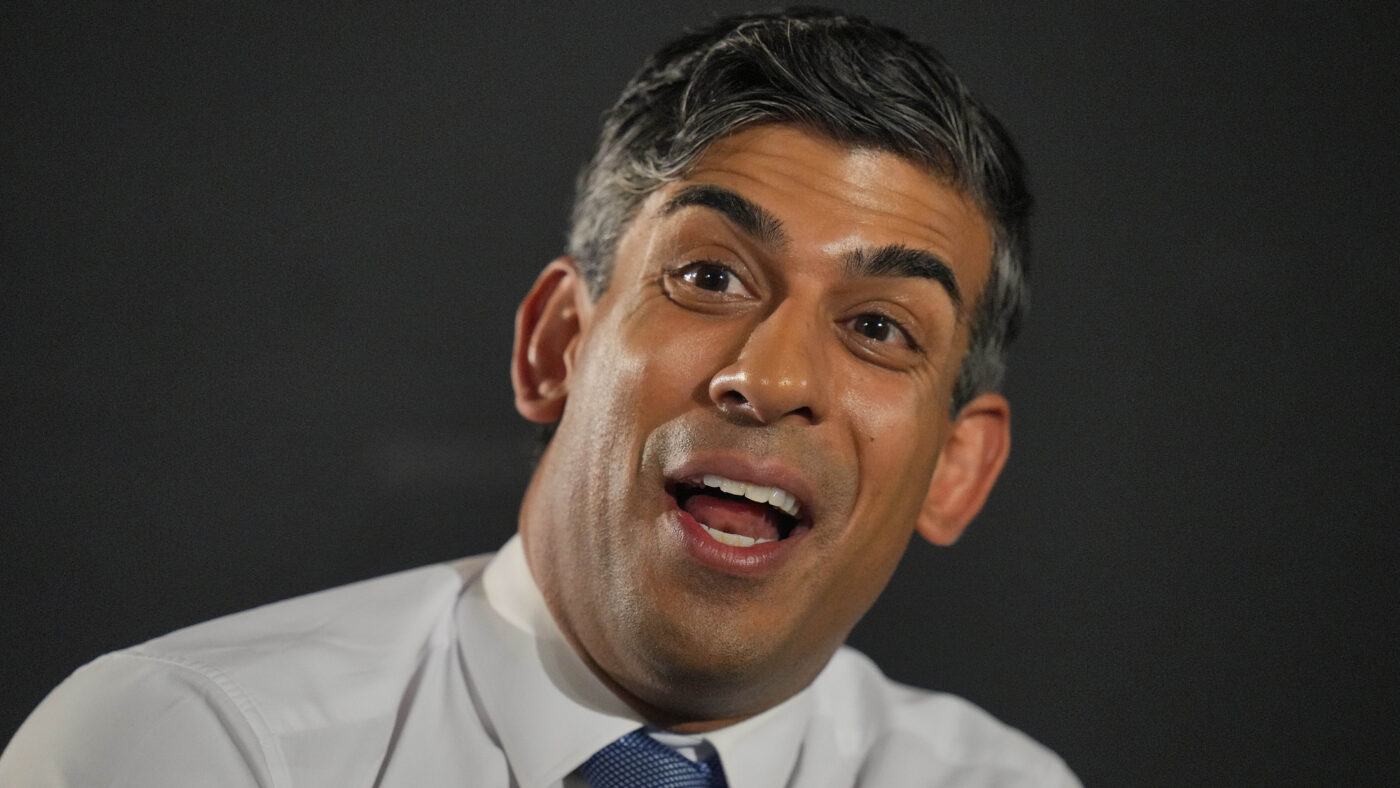In January the Prime Minister outlined his five priorities for 2023. The first pledge was to ‘halve inflation this year to ease the cost of living and give people financial security’. The other targets are more challenging, but this one at least has now been met.
The CPI measure of inflation fell to 4.6% in October, which was less than half the January figure of 10.1% (as well as the November 2022 figure of 10.7%, which was the latest available data when the PM spoke).
Nonetheless, the Prime Minister will struggle to claim any credit. The drop in inflation mainly reflects the tightening in monetary policy, the global economic slowdown, and the decline in commodity prices, rather than anything the government has done.
Indeed, inflation was already widely expected to halve over the course of the year. Back in January the average forecast for the fourth quarter of 2023 in the Treasury’s poll of independent forecasters was 5%, and the average of new forecasts (those made in the previous three months) was down to 4.5%. It is therefore tempting to say that the target would probably have been met anyway.
But I think that would be harsh. For a start, this was not a done deal. At various times during the year many commentators have doubted that the target would still be met, notably after disappointing data for September (‘Sticky UK inflation puts Rishi Sunak’s target in jeopardy‘).
Ministers can also still claim that inflation would have been slower to fall if the Prime Minister and Chancellor had not taken ‘tough decisions’ on fiscal policy, notably on public sector pay, spending, and tax.
What’s more, inflation has more than halved without the recession that many feared. At the start of the year the UK economy was expected to shrink by around 1 per cent in 2023 (see the Treasury poll again). Now it looks set to expand by around 0.5%. If you combine the first and second pledges – halving inflation while still growing the economy – the achievement looks a little better.
Finally, it seems churlish for opposition politicians who blamed the Tories for the rise in inflation in 2022 to deny them any credit for the fall in inflation in 2023. Surely they can’t have it both ways?
Politics aside, the latest fall in inflation is, of course, unambiguously good news. The sharp fall between September (6.7%) and October (4.6%) was mainly due to the lowering of the Ofgem cap on domestic energy bills. But other components were also subdued, meaning overall inflation was lower than expected.
There are plenty of reasons to expect inflation to continue falling. Producer price inflation has dropped sharply, notably in the food sector, and petrol prices are now falling again. UK inflation appears to be following US inflation down with a lag of around six months. Less positively, money and credit growth have collapsed, and economic activity is now flatlining.
Inflation is therefore back on track to return to the Bank of England’s 2% target early next year, which would be much sooner than most people had expected. This should slam the door on any further increases in interest rates and bring forward the timing of the first cut.
Hitting the Prime Minister’s inflation target also removes one obstacle to tax cuts in the Autumn Statement (although any big changes in personal taxes will presumably be held back until next year). Combined with a further recovery in real wages, this should mean that the UK economy continues to dodge the long-feared recession.
In short, the pledge to halve inflation was always little more than a piece of political theatre. But it is clearly better to have hit this target than to have missed it.
Click here to subscribe to our daily briefing – the best pieces from CapX and across the web.
CapX depends on the generosity of its readers. If you value what we do, please consider making a donation.


